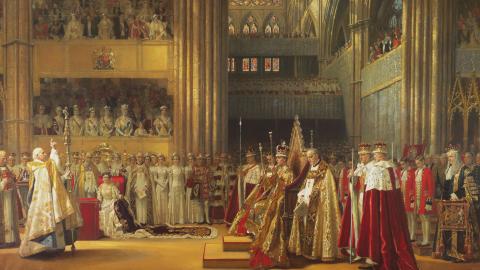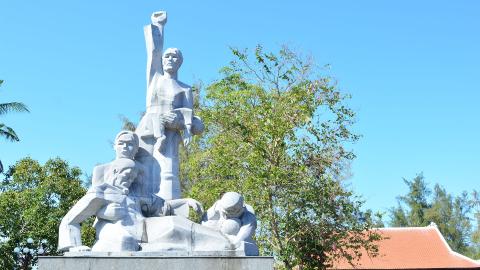In a dramatic break with the eastern European communist bloc, Hungary gives permission for thousands of East German refugees to leave Hungary for West Germany. It was the first time one of the Warsaw Pact nations-who were joined in the defensive alliance between Russia and its eastern Europe satellites–broke from the practice of blocking citizens of the communist nations from going to the West. By 1989, the Soviet Union was entering a period of accelerating collapse. Economic problems were foremost in the factors causing this collapse, but political turmoil in the Soviet Union, the various Soviet Socialist Republics, and the satellite nations in eastern Europe were also responsible for the decay of what President Ronald Reagan once termed the “evil empire.” In Hungary, a movement for greater democracy and economic freedom was gaining strength. Such forces were also alive in East Germany, but the communist government of that nation proved inflexible in dealing with the demands for change. In response, thousands of East Germans–traveling as “tourists”–began pouring into Hungary.
As soon as they arrived, they declared that they would not return home. The East German refugees hoped to cross from Hungary into Austria and then into West Germany where, by law, they would be granted nearly instant citizenship. In the past, Hungary had refused to allow East Germans to proceed to Austria. Hungarian leaders now saw a danger, however. As Hungary moved toward a more democratic political system and free market economics, more and more refugees from other communist nations–not just East Germany–might pour into the country seeking refuge. Foreign Minister Gyula Horn declared, “We cannot become a country of refugee camps.” He announced that Hungary would allow the nearly 8,000 East Germans in Hungary to leave for West Germany.
The East German government responded angrily, but there was little it could do to stop the flow of its people into neighboring communist nations and hence into Hungary en route to West Germany. Tens of thousands of East Germans raced across their nation’s borders into Poland and Czechoslovakia, seeking asylum and permission to travel to West Germany. Pro-democracy forces in East Germany took heart from these actions, and the communist government began to crumble. In November 1989, the East German government announced that the Berlin Wall separating East and West Berlin would be torn down and the country would soon be united under a democratic government.








